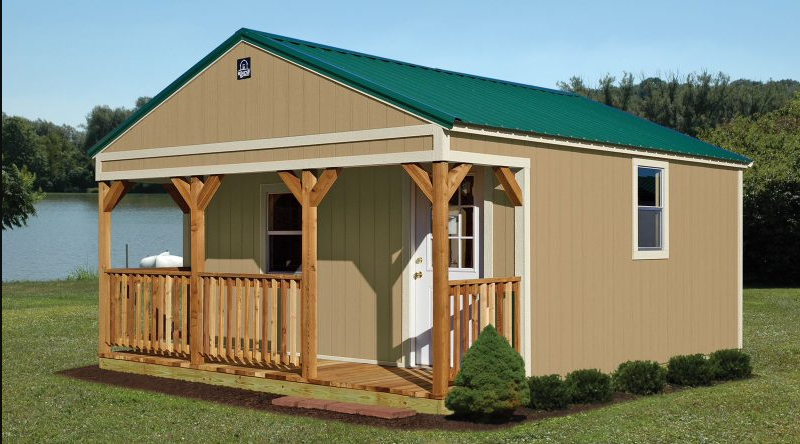A Guide for Families Wanting to Purchase Real-Estate in Vietnam

Introduction: Purchasing real estate in Vietnam can be an exciting and profitable venture for families seeking to invest in a vibrant and rapidly developing country. However, navigating the local regulations, cultural differences, and market dynamics is crucial for a successful and smooth experience. This guide aims to provide valuable insights and practical tips for families looking to buy real estate in Vietnam.
1. Understanding the Market: Before diving into real estate transactions, it’s essential to research and understand the Vietnamese property market. Factors to consider include:
- Market Trends: Research current market trends, property values, and growth projections in different regions of Vietnam.
- Property Types: Familiarize yourself with the types of properties available, such as apartments, villas, and land plots.
- Location: Different areas in Vietnam offer various benefits, such as proximity to urban centers, tourist attractions, or natural landscapes.
2. Legal Considerations: Navigating the legal framework is crucial to ensure a smooth and secure transaction:
- Ownership Restrictions: Foreigners are generally not allowed to own land in Vietnam but can purchase and own apartments or condominiums.
- Leasehold vs. Freehold: Understand the difference between leasehold and freehold properties. Foreigners can typically buy leasehold properties, usually with a 50-year lease that can be extended.
- Legal Assistance: Engage a reputable local lawyer who is experienced in real estate transactions to guide you through the legal process.
3. Financing: Financing your property purchase is an important aspect to consider:
- Currency and Banking: Familiarize yourself with the local currency (Vietnamese Dong) and banking procedures for international transactions.
- Mortgages: While limited options are available for foreigners, some banks might offer financing to expatriates with certain qualifications.
4. Due Diligence: Thorough due diligence is crucial to avoid potential pitfalls:
- Title Verification: Ensure the property has a clear title and is not involved in any legal disputes.
- Infrastructure and Utilities: Verify the availability and quality of infrastructure, utilities, and basic amenities in the chosen location.
- Property Condition: If purchasing a pre-existing property, conduct a thorough inspection to assess its condition and any potential renovation or repair costs.
5. Working with Real Estate Agents: Local real estate agents can provide valuable insights and assistance:
- Local Expertise: Engage a reputable agent with a good understanding of the local market, laws, and regulations.
- Negotiation: Agents can help negotiate terms and bridge cultural and language gaps.
6. Cultural and Language Considerations: Navigating cultural differences and language barriers is vital:
- Respect Local Norms: Familiarize yourself with Vietnamese cultural norms and practices to ensure respectful interactions.
- Language Support: Having a local interpreter or using translation services can aid in clear communication.
7. Tax and Fees: Understand the tax implications and associated costs:
- Property Tax: Be aware of property taxes and potential capital gains taxes upon selling the property.
- Transaction Fees: Factor in legal fees, agent commissions, and other transaction-related costs.
8. Residency and Visas: Owning property in Vietnam might offer certain residency benefits:
- Long-term Visas: Owning property can make you eligible for long-term visas, allowing extended stays in Vietnam.
9. Exit Strategy: Plan ahead for potential future scenarios:
- Selling Property: Understand the process of selling property and any restrictions that might apply to foreigners.
- Rental Income: If not using the property as a primary residence, research the potential for rental income and property management services.
Conclusion: Purchasing real estate in Vietnam can be a lucrative investment opportunity for families, offering both financial benefits and the chance to explore a rich cultural landscape. By understanding the market, legal aspects, and local dynamics, families can navigate the process successfully and make informed decisions that align with their long-term goals. Consulting with local experts and conducting thorough research is essential for a rewarding real estate venture in Vietnam.




